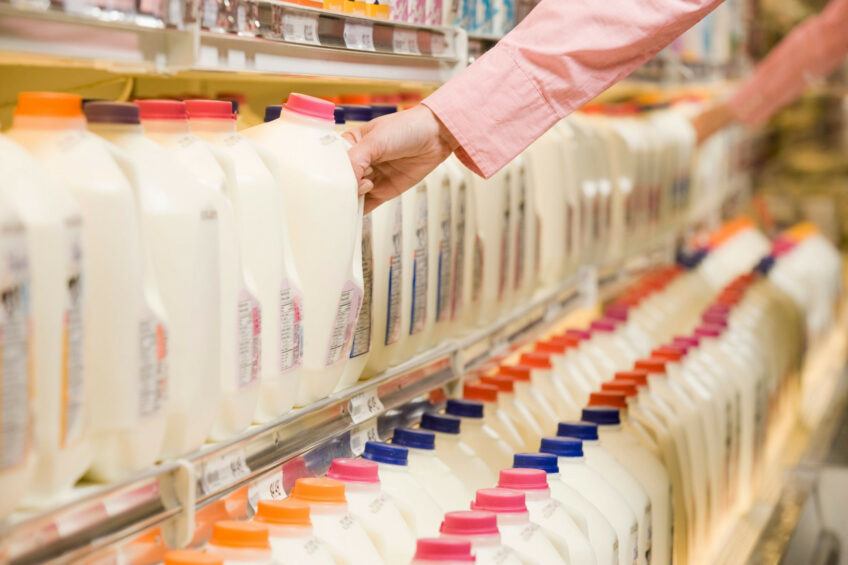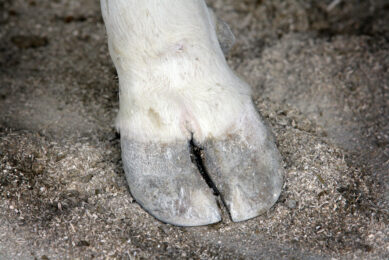Hungary’s dairy industry to develop further

Dairy production and consumption are on the rise in Hungary following a 2-year decline triggered by the Covid-19 pandemic. However, a significant shift in the development trajectory is needed to bolster the positive tendency.
This message was outlined by market players during the Portfolio Agricultural Sector 2024 conference in Budapest in December 2024. Hungary saw an exceptional rise in domestic dairy production, which added 20-25% to production volume between 2010 and 2020, said Zoltán Harcz, executive director of the Milk Products Council. The rise was followed by a 2.5% dip during the Covid-19 pandemic, and in 2023, the trend reversed again, he indicated.
In the first 8 months of 2024, butter production jumped by 9.9%, sour cream by 6.9%, and cottage cheese by 8% compared with the previous year. Raw milk imports shot up by nearly 50%, reflecting a steady demand from milk processing plants.
There are also positive shifts in consumption. As of September 2024, sales of dairy products in the country inched up, in stark contrast to some other EU countries where sales have stagnated or declined, Harcz admitted.
Rising costs
Zoltán Kulik, CEO of Vitafort Zrt., a major dairy manufacturer, warned of the rising costs in the sector. He estimated that a year ago, the cost of raw milk production was an average of HUF160 (US$0.41) per litre, but today it jumped by 15%, reaching HUF180-185 (US$0.46 – 0.47). The wholesale milk prices are currently around HUF180 (US$0.46), but farmers are confident the figure could reach HUF200 (US$0.51) in the coming months.
Kulik noted that feed grain prices recently jumped by nearly a third, and a new wave of increase in energy tariffs also looks concerning.
A health-conscious trend
Hungarian dairy companies should focus on manufacturing dairy products with a focus on positive effects on health to stay competitive on the domestic market and expand exports in the coming years, suggested Attila Kiss, director of the Knowledge Utilization Center of the University of Debrecen.
He cited functional dairy products as a good example of a solution popular among customers. Kiss stated that dairy manufacturers should focus on using ingredients that are science-backed.
“Dairy products such as probiotic yoghurts are ideal carriers of these active ingredients, although their development is a complex process,” Kiss added.
The expansion of the functional food segment is seen in Japan and has also gained momentum in the EU and the US, Kiss said.








